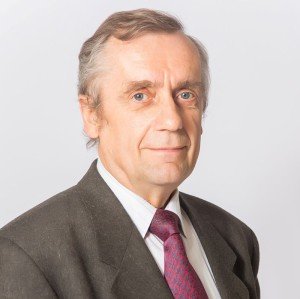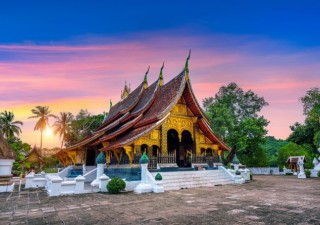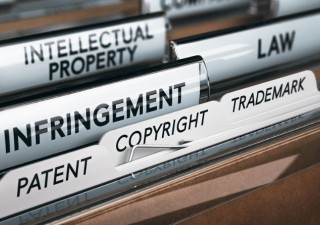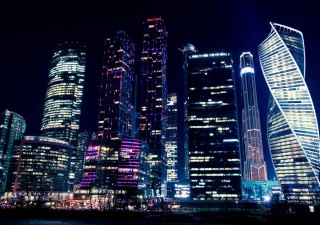Better late than never
31 March 2024
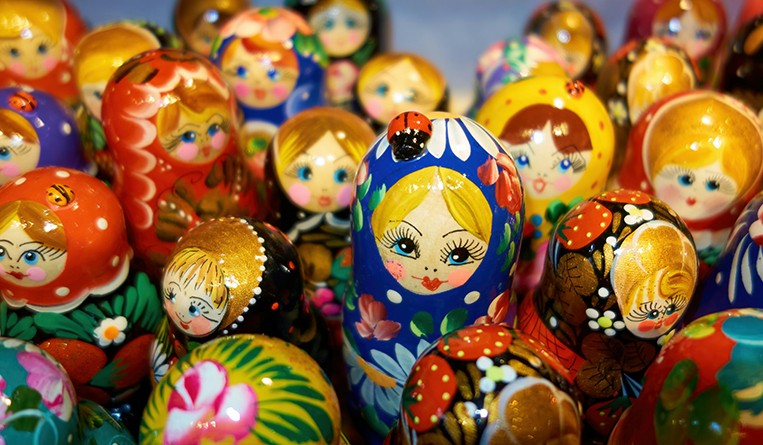
Intellectual property in a broad sense does not include only registration, maintenance and disposal of IP but also endless tug-of-war in courts and the patent office.
Whenever the case is examined by a court, regulations have been in existence for a long time. The parties in a conflict litigate and the losing side pays whatever is required. These rules are applicable to conflicts of any kind including IP. As for the conflicts in connection with IP at the patent office, the situation is different. Applicants and IP owners pay government fees for whatever is done by the patent office – and that’s it.
The Russian patent office grants patents, trademarks, etc. In some cases, applicants and IP owners do not agree with the decisions of the patent office and intervene against it. In other cases, third persons file appeals against decisions of the patent office or against IP owners. These conflicts are examined by the Chamber of Patent Disputes, which is part of the Russian patent office. In fact, this administrative department of a patent office is a quasi-judicial entity.
There are parties explaining their positions and there are, so to say, judges (members of the board) who decide who is wrong or right and, as a result, they decide to cancel a patent or a trademark, etc. or leave it as it is, or sometimes to correct the scope of protection. The parties spend much time and effort to achieve the result they seek. Often patent (or trademark) attorneys are involved in the process with subsequent additional expenses incumbent on the parties.
In one case, the party which spent millions on asserting its position in an administrative case in the Chamber of Patent Disputes tried to seek compensation for its expenses. The case went to the IP court, where that party asked the court to compensate it expenses carried within the framework of the administrative case. The court refused because expenses are normally compensated as a result of examination by the court, but not in the case of examination by an administrative body. The party went as high as the Constitutional Court, which decided that:
- The legislature should bridge the legislative gap in that compensation should be available in the case of administrative examination of cases, and
- Pending introduction of changes in the law, expenses carried by a party during administrative examination of cases should be compensated according to the rules governing compensation of expenses in court.
That judgment was handed down on January 2023. It took one year for the lawmakers to make a law regulating compensation in administrative cases. The new law came into force on February 10, 2024. It added a paragraph to Article 1248(2) of Russia’s Civil Code. That paragraph sets forth that in case of examination of a dispute by the patent office, expenses of a party in whose favor a decision was issued by the patent office should be collected from the losing party. Such expenses include patent and other fees as well as money paid to experts, specialists, translators, patent attorneys and other representatives. If the decision of the patent office satisfies a claim in part, expenses should be awarded in relevant proportion.
It is not clear from the law who will award expenses: the patent office or the court. Given that Article 1248(1) stipulates that IP disputes are examined by the court, one may surmise that compensation will be determined by the court. Compensation will take place only if the decision of the patent office is appealed in court.
On the other hand, if a party wins the case in the patent office the issue of compensation hangs in the air. Or, should it seek compensation by raising this issue in court? Further clarification is needed in this regard.
Globally, the new law is a positive move because it puts settlement of the administrative disputes in the patent office on the same footing as is done in court. Practice will provide hints as to how the procedure of awarding compensation should be improved. Some practice is needed to clear the above questions and this will undoubtedly require additional regulation by laws.



